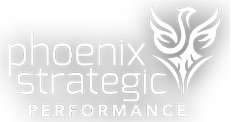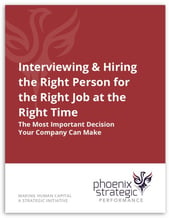So, now your employees want to continue to work remotely. Let’s take a look at the pros and cons from both the employee and employer perspective.
In response to COVID-19 and quarantine restrictions, many employees were forced to work remotely. A situation that would have once seemed inconceivable, has now become a reality. As many employees have started to now return to the office, what are the pros and cons of working remotely?
From the Employee Perspective:
Pros of Working Remotely
- Working remotely really suits my lifestyle.
- I can get my work done so why do I need to go back to the office? I have flexibility about when I put my 8 hours in.
- Why does the company need to spend money on office space? I can work from anywhere. Why don’t they give me the money instead of using it for a facility?
- Can’t I work part-time from home and part-time in the office?
- I really like not having to get dressed up for work.
Cons of Working Remotely
- I have Zoom exhaustion – I can’t take it anymore.
- I am working harder and longer than I do in the office.
- I miss sharing information with my colleagues – it takes real effort to communicate.
- Where are my colleagues? When I need to call – no one is there.
From the Employer Perspective:
Pros of Working Remotely
- We can get the work done.
- It’s OK for the short term but not for the long term in most cases.
Cons of Working Remotely
- It just doesn’t feel right. I feel there is an impact on our collaborative culture.
- Communication is an issue. I feel it is not as robust as it was when everyone was on site.
- I miss conversations where I can look colleagues in the eye and can see their reactions.
- I really have no idea what my people are doing. I have to trust them.
Observations of Remote Work:
With several months of experience in the rearview mirror, here are some observations regarding remote work:
- If your organization is built on collaboration, remote working can have a long-term negative impact on the natural collaboration that takes place when people are all together.
- If your organization’s culture is based on teamwork, collaboration, and communication, continued remote work can cause your culture to potentially fracture.
- While the work can get done, be aware that employees can easily revert to individual functional silos vs. cross-functional networks.
- When concessions are made for remote work, make sure your organization doesn’t turn into a ‘lifestyle’ accommodation organization vs. a real, growing business.
- To manage employees remotely, you need high-quality leadership that continually stays connected. Less than high-quality leadership will hurt your organization.
- It is nearly impossible for a new employee to be adequately on-boarded when both the manager and the employee are working remotely. It is not totally impossible, but it takes a real commitment with constant monitoring and review.
- Only your most competent employees can realistically work remotely and be both productive and effective.
- Leading a remote organization is not easy. It takes a lot more planning, communication, monitoring and proactive management.
- Don’t take anything for granted or rely on a strategy of hope.
- It often takes longer to get things done on time, with high quality, and on budget.
What critical organizational issues should you consider as you optimize the process of managing human capital in this new era of remote work? Download our Human Capital Checklist, which highlights the critical issues for your organization to regularly evaluate. You can also schedule a complimentary assessment with a member of our team.





